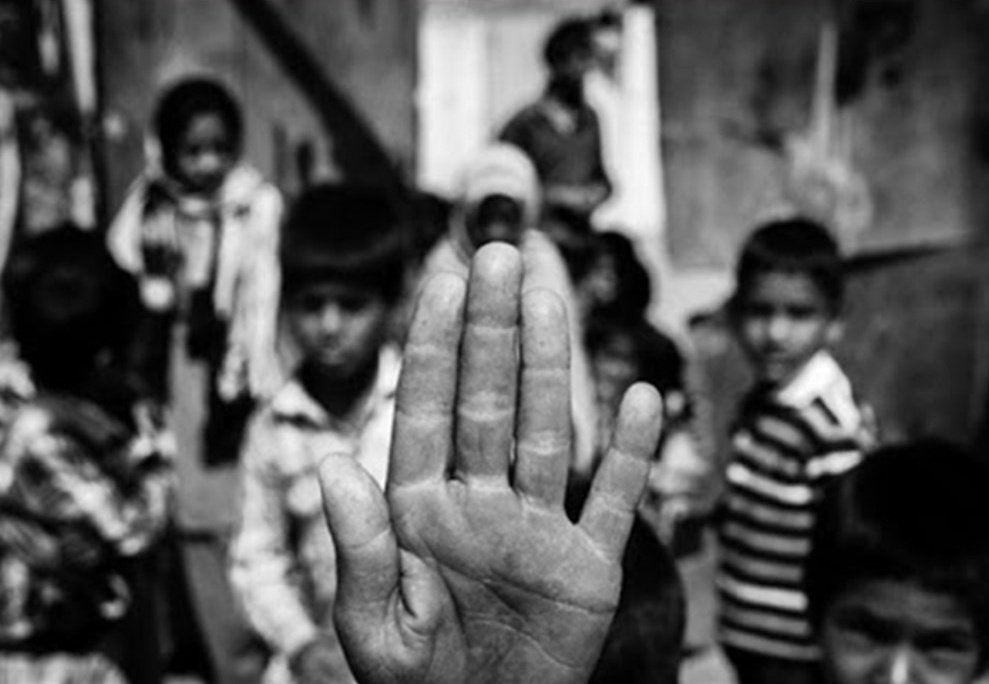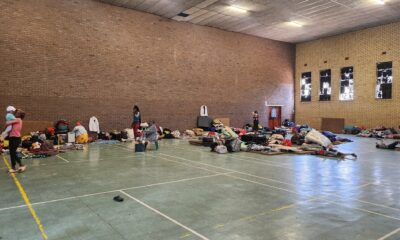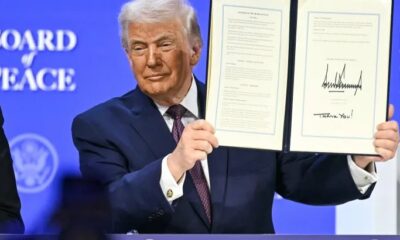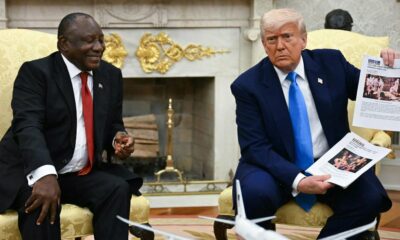Opinion
The Cost of Silence: How UNICEF and the ILO Are Failing the Fight Against Child Labour

The Cost of Silence
Why the institutions meant to protect children are turning a blind eye to child labour
World Day Against Child Labour and the headlines are glowing. UNICEF and the International Labour Organization (ILO) have just released their latest report, celebrating a global decline in child labour to 138 million children.
But behind the neatly packaged press release and smiling soundbites lies a harsher reality, one too uncomfortable for most newsrooms or multilateral agencies to confront: child labour hasn’t really declined. In fact, it may be three times worse than reported.
The Real Numbers: A Crisis in Disguise
Independent researchers like Professors Lichand and Wolf from the Universities of Zurich and Pennsylvania estimate that as many as 400 million children are currently working around the world. From rural farms in Ghana to textile factories in Bangladesh, from undocumented child workers in the United States to informal labour in the EU, millions remain invisible to the very institutions meant to protect them.
The discrepancy isn’t a rounding error it’s institutional denial. UNICEF and the ILO’s data sets largely ignore informal and undocumented child labour, especially in countries where multinational supply chains operate with impunity.
Follow the Money
Why would global institutions underreport something as grave as child labour? One possible answer: donor pressure.
Both UNICEF and the ILO rely heavily on funding from governments and private corporations — many of which directly benefit from child labour in their supply chains. Some of the world’s largest companies, particularly those tied to food, fashion, and tech, quietly profit from this exploitation while publicly touting their commitment to “sustainability.”
In fifteen years of attending the World Economic Forum (WEF) in Davos, insiders have observed a consistent pattern: while UNICEF and the ILO raise millions from corporate sponsors, they rarely, if ever challenge the very companies they’re schmoozing over canapés.
An estimated 75 million children work in the supply chains of WEF-affiliated corporations. Yet these companies are routinely praised for their Corporate Social Responsibility efforts, with little scrutiny of what lies behind the PR gloss.
Complicit in Their Own Corridors
Perhaps the most bitter irony? Neither UNICEF nor the ILO has managed to eliminate child labour from their own operations. Whether it’s the coffee they serve in headquarters or the materials sourced for their promotional campaigns, many of their supply chains remain tainted.
The rot doesn’t stop there. Countries like Norway, whose $1.8 trillion sovereign wealth fund holds shares in thousands of companies (many with links to child or forced labour), continue to enjoy glowing praise from both institutions. Why? Because they’re also among the UN’s largest funders.
This isn’t just bureaucratic laziness, it’s strategic silence.
Media’s Role: Echo Chamber or Watchdog?
On June 11 and 12, media outlets around the world republished UNICEF and ILO talking points without questioning the data. No mention of the 400 million figure. No interviews with independent researchers. No tough questions.
This kind of reporting or lack thereof contributes to the problem. Journalism isn’t meant to regurgitate official narratives. It’s meant to challenge power, question inconsistencies, and push for truth. When the press becomes an amplifier for misleading statistics, it fails the very public it claims to inform.
A Moral Fork in the Road
The UN pledged to end child labour by 2025. That deadline is now just months away. But with nearly 400 million children still trapped in brutal, unsafe work, that promise rings hollow.
Ending child labour won’t come from photo ops or glossy reports. It won’t come from fundraising dinners or polite speeches in Geneva. It will come when institutions like UNICEF and the ILO are forced to choose: do they stand with the world’s most vulnerable or with their corporate patrons?
South Africans know all too well what it means to fight systems that protect profit over people. From the mines of Marikana to the farms of Limpopo, we’ve seen what happens when silence becomes complicity. Now the world must decide: will we keep applauding those who whitewash exploitation, or will we finally demand justice for the children who pay the price?
{Source: IOL}
Follow Joburg ETC on Facebook, Twitter , TikTok and Instagram
For more News in Johannesburg, visit joburgetc.com



























